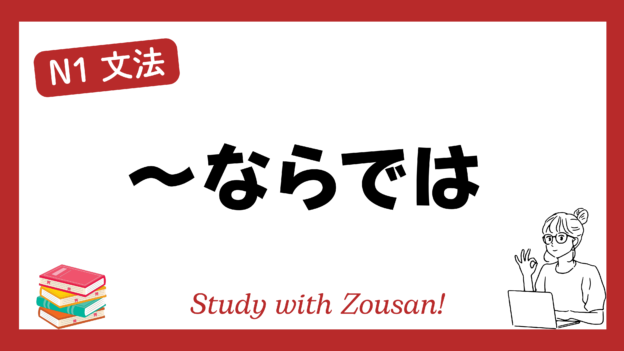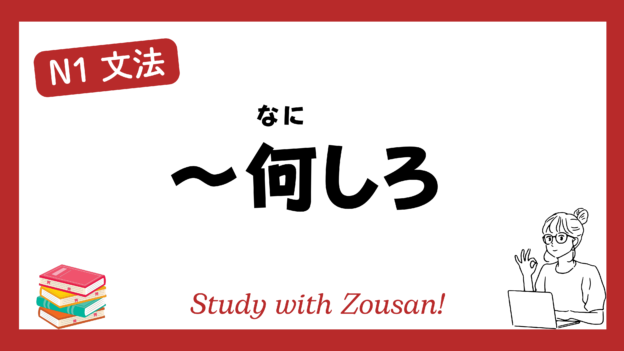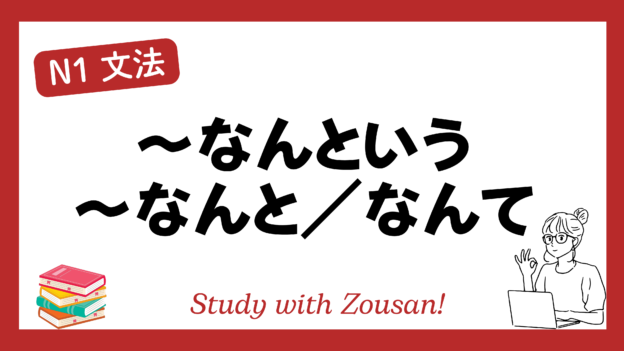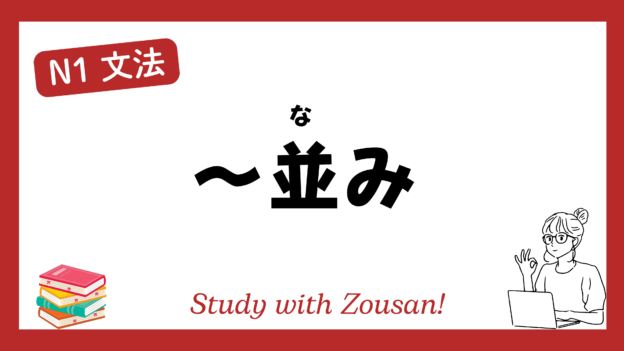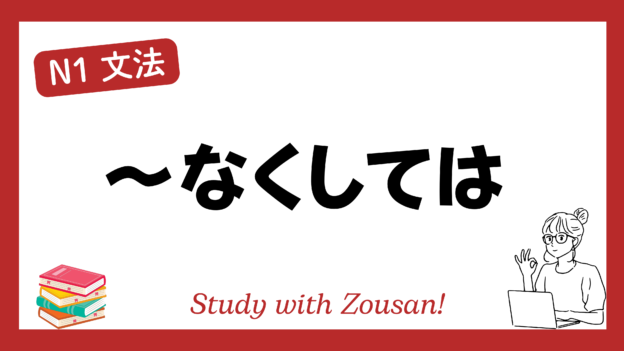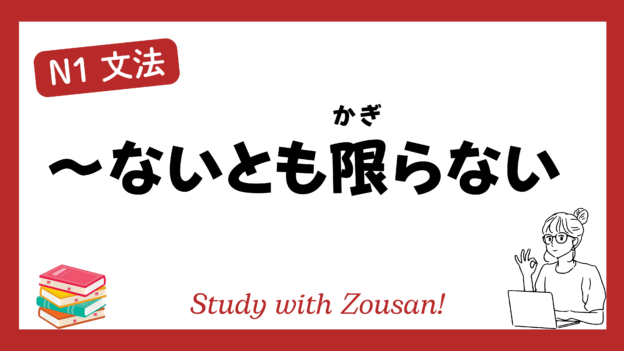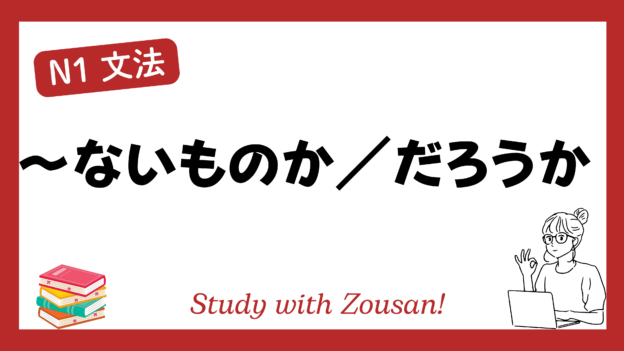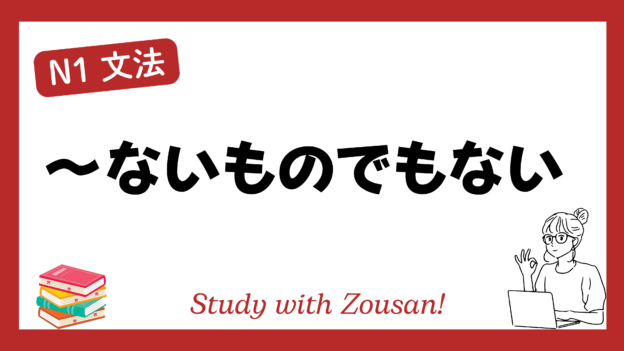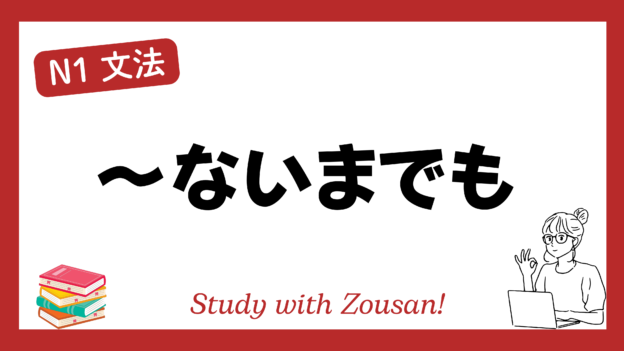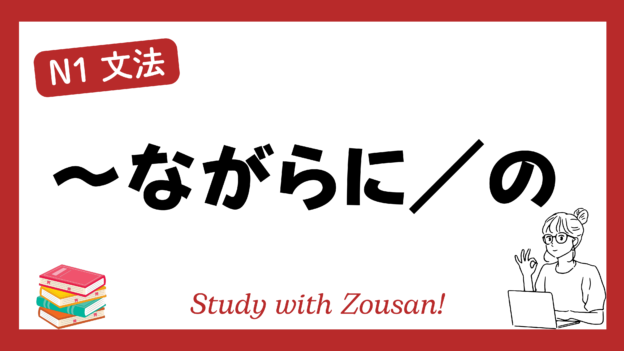Meaning: “Unique to…”, “Only possible with…”
This structure is used to express that something is characteristic or special to a certain person, place, or thing, implying that no one or nothing else could achieve it in the same way. It highlights a distinctive feature that is impossible to replicate.
※Note: “~ならでは” is typically used in a positive sense to emphasize the uniqueness or excellence of a particular situation or entity.
Structure:
| Noun | + ならでは |
Example:
-
-
-
🌟 これは京都ならではの伝統工芸品です。
(これ は きょうと ならでは の でんとう こうげいひん です。)
This is a traditional craft unique to Kyoto. -
🌟 彼のプレゼンは、プロならではの完成度だ。
(かれ の プレゼン は、プロ ならでは の かんせいど だ。)
His presentation has a level of perfection that only a professional can achieve. -
🌟 この味は、母親ならではのものだ。
(この あじ は、ははおや ならでは の もの だ。)
This flavor is something only a mother can create. -
🌟 その風景は、北海道ならではの美しさだ。
(その ふうけい は、ほっかいどう ならでは の うつくしさ だ。)
That scenery is a beauty unique to Hokkaido. -
🌟 彼の鋭い洞察力は、彼ならではのものだ。
(かれ の するどい どうさつりょく は、かれ ならでは の もの だ。)
His sharp insight is something only he possesses. -
🌟 これは、伝統的な職人ならではの技術だ。
(これ は、でんとうてき な しょくにん ならでは の ぎじゅつ だ。)
This is a skill unique to traditional craftsmen. -
🌟 祭りならではの雰囲気がここにはある。
(まつり ならでは の ふんいき が ここ に は ある。)
There’s an atmosphere here that’s unique to festivals. -
🌟 この細やかなサービスは、日本ならではのものだ。
(この こまやか な サービス は、にほん ならでは の もの だ。)
This meticulous service is something unique to Japan. -
🌟 このパフォーマンスは、彼ならではのものだ。
(この パフォーマンス は、かれ ならでは の もの だ。)
This performance is something only he can do. -
🌟 このレストランの料理は、ここならではの味わいだ。
(この レストラン の りょうり は、ここ ならでは の あじわい だ。)
The dishes at this restaurant have a flavor unique to this place.
-
-


